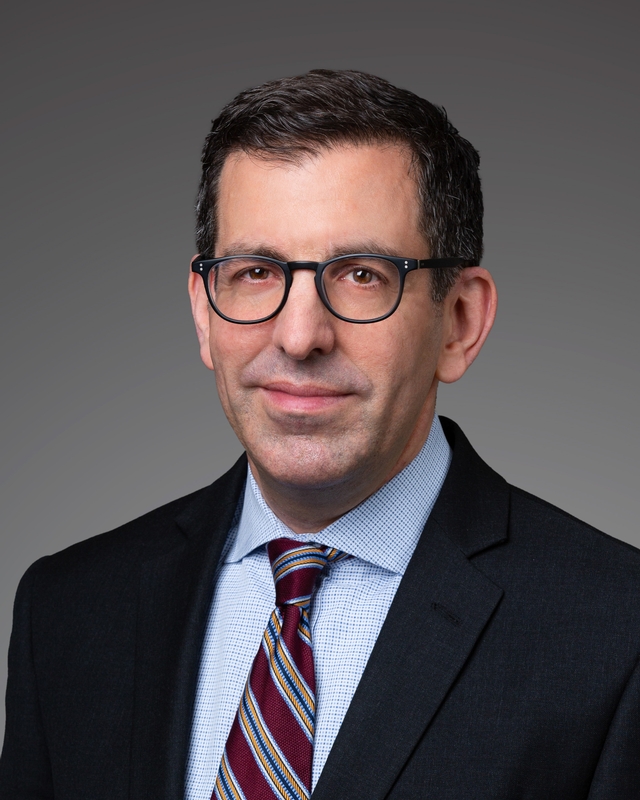
NY Panel OKs Bill To Expand Scope Of Tax Whistleblower Law
A New York Senate committee advanced a bill that would expand the state's False Claims Act to hold taxpayers liable for failing to file state returns, as opposed to only for providing false records.
The Senate Finance Committee approved S.B. 4730 on Monday by a 22-0 vote. The bill, sponsored by Sen. Liz Krueger, D-Manhattan, is meant to expand the state's False Claims Act by targeting corporations and the wealthy that don't file state tax returns, according to a bill summary. The bill passed without discussion.
"This bill is an attempt to ensure that wealthy corporations and individuals who fail to report income to New York state are treated the same way, regardless of whether that failure involved intentionally misstating income or intentionally failing to file," Krueger told Law360.
The act as currently written applies only to claims under the tax law if a person knowingly uses or causes to be used a false record related to an obligation to pay a state or local government. The bill would repeal a section of state finance law in order to make corporations or individuals with net income or sales of more than $1 million liable under the False Claims Act for "knowingly and illegally" failing to file state tax returns that would cost the state at least $350,000 in lost revenue, according to a bill summary.
Because of the way the current law is written, some individuals and businesses may avoid state False Claims Act tax liability if they never file any tax returns at all in New York, a bill summary said.
"Due to this omission, such individuals and businesses are liable under the New York False Claims Act for knowingly filing false tax returns, but not liable for knowingly and illegally failing to file any tax returns at all," the summary said.
The New York False Claims Act was amended in 2013 because the U.S. Department of Health and Human Services determined that the state act was not as strict as the federal False Claims Act. The federal department required that the state act to provide a similar level of oversight as the federal act in order for New York to qualify for an increased allocation of Medicaid money recoveries.
Krueger previously told Law360 that state Senate Republicans in the 2013 change inserted a last-minute amendment to the 2013 changes that resulted in the current law, which does not hold liable entities that do not file at all.
Similar bills introduced last year in the state Senate and Assembly failed to make it out of their respective committees. A.B. 2543, the Senate bill's companion sponsored by Assembly Ways and Means Committee Chairwoman Helene Weinstein, D-Brooklyn, remains in the committee.
Weinstein's office didn't immediately respond to requests for comment Tuesday.
Randall Fox, a partner at Kirby McInerney LLP who represents whistleblowers, was the first bureau chief of New York's Taxpayer Protection Bureau, which prosecutes tax qui tam cases. He told Law360 on Tuesday that the bill makes a simple but important improvement to the state's tax whistleblower program.
The change would be particularly important in locating and going after out-of-state businesses that owe New York taxes but knowingly refuse to file their returns, he said.
"Without the bill, there are situations where persons engaged in knowing tax violations might avoid liability simply because a whistleblower is unable to point to a particular document, like a tax return, that was false," Fox said. "Liability, however, should not be pegged to the existence of a document; it should be pegged to whether there was a knowing violation."
Stephen Kranz, a partner at McDermott Will & Emery LLP, is one of the state tax bar's fiercest opponents of state tax qui tam laws. He told Law360 on Tuesday that false claims act provisions are "completely inappropriate" in a tax context where there is an existing government agency responsible to investigate, audit and enforce the law.
"'Fixing' a broken regime does not make it better," Kranz said.
The offices of state Republican minority leaders and state Democratic majority leaders in the Senate and Assembly didn't immediately respond to requests for comment on Tuesday.
Democratic Gov. Andrew Cuomo's office didn't immediately respond to requests for comment on Tuesday.

